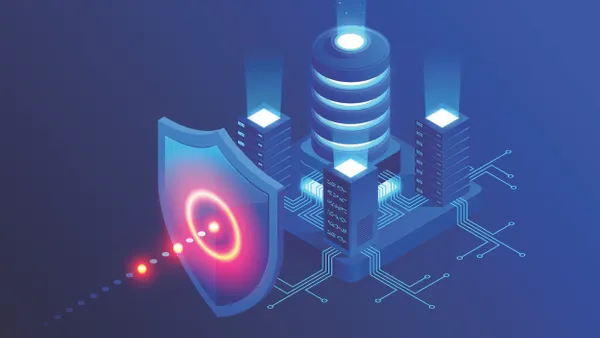Dive Brief:
- Enterprises lose $400 billion annually due to unanticipated IT failures and unplanned downtime, according to a Tuesday Splunk report based on a survey of 2,000 technology, finance and marketing executives by Oxford Economics.
- While security lapses lead to more than half of downtime incidents, 44% stemmed from infrastructures issues and software failures. Human error was a primary cause in both types of incidents.
- IT ecosystem complexity, technical debt and misconfigurations commonly lead to enterprise outages, Splunk found. “We have downtime every day, sometimes multiple times a day,” Poonam Khemwani, executive director of IT and cloud security architecture at JPMorgan Chase, said in the report, noting the impact of latency issues and performance degradation.
Dive Insight:
The fallout from IT failures can cascade across the business, extending beyond the initial cost from lost revenue to downstream impacts on an organization’s reputation and morale.
Individual companies stand to lose an average of $200 million per year when digital systems shut down, the report found. Roughly one-quarter of that amount — $49 million — comes from revenue losses. Regulatory fines for a typical incident can mount to more than $20 million per year, according to the analysis.
In extreme cases, the consequences can be more severe. Southwest Airlines suffered a major operational failure that grounded flights in December 2022, costing the company an estimated $725 million in lost revenue and an additional $140 million in civil fines.
Companies that suffer IT failures from cyberattacks or self-inflicted shutdowns typically see their stock price drop by an average of 2.5% and take 79 days to recover, the survey found.
Marketing executives said their companies spend an average of $14 million to repair brand reputation and an additional $13 million managing post-incident public, investor and government relations.
But the indirect consequences of technology failures often hit IT the hardest. Nearly 2 in 5 tech executives surveyed said they worry about being found personally responsible for incidents and roughly the same number fear that downtime might undermine their job security.















